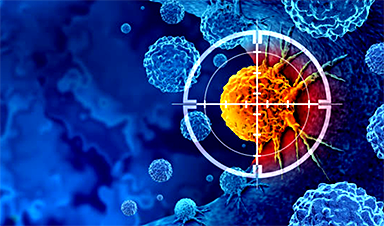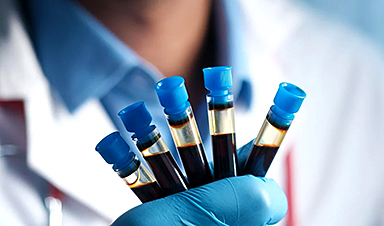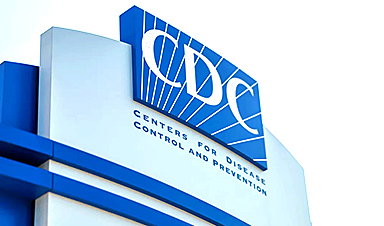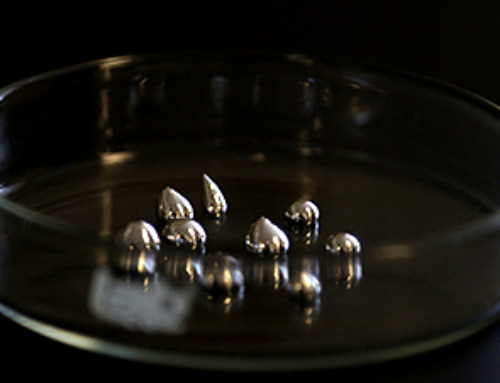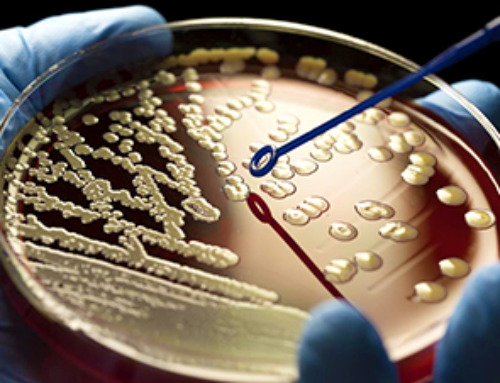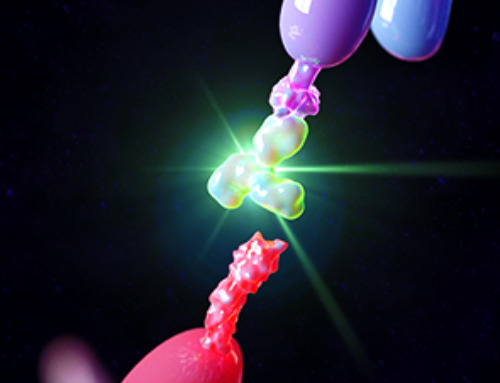A study led by Professor Sebyung Kang and Professor Sung Ho Park in the Department of Biological Sciences at UNIST has unveiled a remarkable breakthrough in cancer treatment. The research team has successfully developed unprecedented “NK cell-engaging nanodrones” capable of selectively targeting and eliminating cancer cells, offering a potential solution for intractable types of cancers.
These groundbreaking NKeNDs simultaneously display cancer-targeting ligands, such as HER2Afb or EGFRAfb, and NK cell-recruiting ligands, aCD16Nb, on the surface of the AaLS through the SpyCatcher/SpyTag protein ligation system. The dual ligand-displaying NKeNDs, named HER2 @NKeND and EGFR@NKeND, have demonstrated the ability to selectively bind to HER2-overexpressing SK-OV-3 cells and EGFR-overexpressing MDA-MB-468 cells, respectively, as well as human NK cells.
The physical engagement of human NK cells with the target cancer cells mediated by the NKeNDs activates the NK cells, enabling them to eliminate the target cancer cells in vitro effectively. Remarkably, in SK-OV-3 tumor-bearing mice, the administration of HER2 @NKeNDs along with human PBMCs facilitates the infiltration of activated human NK cells into the tumor sites. As a result, tumor growth is significantly suppressed without causing noticeable side effects.
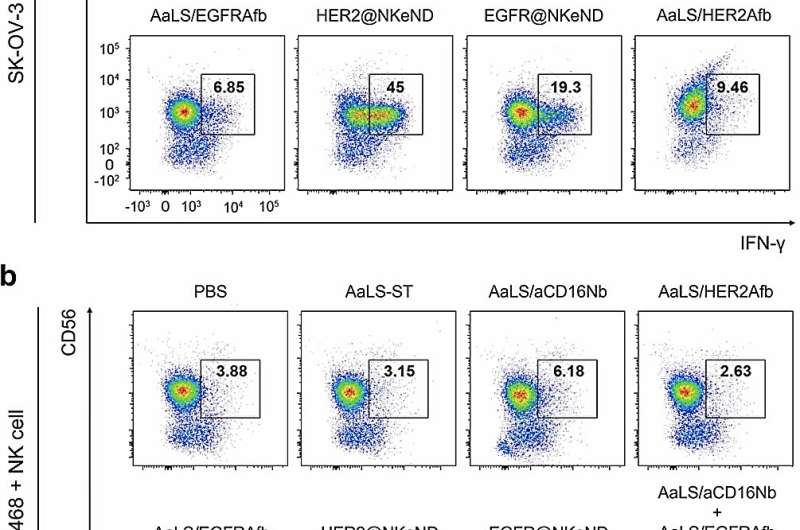
This study showcases a novel approach to developing cancer-specific NK cell engagers by utilizing protein cage nanoparticles and recombinant cancer cell binders. It offers tremendous potential for the selective treatment of previously intractable types of cancers.
Professor Kang Se-byung expressed his excitement about the study, stating, “This research presents new possibilities for immune treatment through NK cell delivery nanodrones, overcoming challenges such as the movement and survival of NK cells. We aim to provide new opportunities for customized treatments that selectively address various types of cancer through further research, including cancer-specific immune cell induction.”
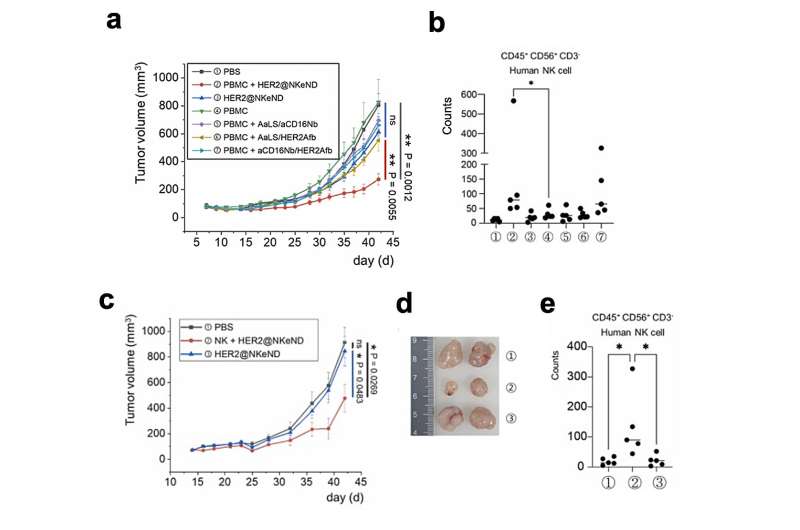
The study is published in the journal Nano Today.
News
Measles Is Back: Doctors Warn of Dangerous Surge Across the U.S.
Parents are encouraged to contact their pediatrician if their child has been exposed to measles or is showing symptoms. Pediatric infectious disease experts are emphasizing the critical importance of measles vaccination, as the highly [...]
AI at the Speed of Light: How Silicon Photonics Are Reinventing Hardware
A cutting-edge AI acceleration platform powered by light rather than electricity could revolutionize how AI is trained and deployed. Using photonic integrated circuits made from advanced III-V semiconductors, researchers have developed a system that vastly [...]
A Grain of Brain, 523 Million Synapses, Most Complicated Neuroscience Experiment Ever Attempted
A team of over 150 scientists has achieved what once seemed impossible: a complete wiring and activity map of a tiny section of a mammalian brain. This feat, part of the MICrONS Project, rivals [...]
The Secret “Radar” Bacteria Use To Outsmart Their Enemies
A chemical radar allows bacteria to sense and eliminate predators. Investigating how microorganisms communicate deepens our understanding of the complex ecological interactions that shape our environment is an area of key focus for the [...]
Psychologists explore ethical issues associated with human-AI relationships
It's becoming increasingly commonplace for people to develop intimate, long-term relationships with artificial intelligence (AI) technologies. At their extreme, people have "married" their AI companions in non-legally binding ceremonies, and at least two people [...]
When You Lose Weight, Where Does It Actually Go?
Most health professionals lack a clear understanding of how body fat is lost, often subscribing to misconceptions like fat converting to energy or muscle. The truth is, fat is actually broken down into carbon [...]
How Everyday Plastics Quietly Turn Into DNA-Damaging Nanoparticles
The same unique structure that makes plastic so versatile also makes it susceptible to breaking down into harmful micro- and nanoscale particles. The world is saturated with trillions of microscopic and nanoscopic plastic particles, some smaller [...]
AI Outperforms Physicians in Real-World Urgent Care Decisions, Study Finds
The study, conducted at the virtual urgent care clinic Cedars-Sinai Connect in LA, compared recommendations given in about 500 visits of adult patients with relatively common symptoms – respiratory, urinary, eye, vaginal and dental. [...]
Challenging the Big Bang: A Multi-Singularity Origin for the Universe
In a study published in the journal Classical and Quantum Gravity, Dr. Richard Lieu, a physics professor at The University of Alabama in Huntsville (UAH), which is a part of The University of Alabama System, suggests that [...]
New drug restores vision by regenerating retinal nerves
Vision is one of the most crucial human senses, yet over 300 million people worldwide are at risk of vision loss due to various retinal diseases. While recent advancements in retinal disease treatments have [...]
Shingles vaccine cuts dementia risk by 20%, new study shows
A shingles shot may do more than prevent rash — it could help shield the aging brain from dementia, according to a landmark study using real-world data from the UK. A routine vaccine could [...]
AI Predicts Sudden Cardiac Arrest Days Before It Strikes
AI can now predict deadly heart arrhythmias up to two weeks in advance, potentially transforming cardiac care. Artificial intelligence could play a key role in preventing many cases of sudden cardiac death, according to [...]
NanoApps Medical is a Top 20 Feedspot Nanotech Blog
There is an ocean of Nanotechnology news published every day. Feedspot saves us a lot of time and we recommend it. We have been using it since 2018. Feedspot is a freemium online RSS [...]
This Startup Says It Can Clean Your Blood of Microplastics
This is a non-exhaustive list of places microplastics have been found: Mount Everest, the Mariana Trench, Antarctic snow, clouds, plankton, turtles, whales, cattle, birds, tap water, beer, salt, human placentas, semen, breast milk, feces, testicles, [...]
New Blood Test Detects Alzheimer’s and Tracks Its Progression With 92% Accuracy
The new test could help identify which patients are most likely to benefit from new Alzheimer’s drugs. A newly developed blood test for Alzheimer’s disease not only helps confirm the presence of the condition but also [...]
The CDC buried a measles forecast that stressed the need for vaccinations
This story was originally published on ProPublica, a nonprofit newsroom that investigates abuses of power. Sign up to receive our biggest stories as soon as they’re published. ProPublica — Leaders at the Centers for Disease Control and Prevention [...]
